
What makes a product that lasts? What can you do to ensure you always offer the best product possible? What’s the difference between a product you use and a product you love? What’s the best way to handle feedback from unhappy users? How do you make your product iconic?


Qui sont les acteurs qui contribuent à votre entreprise ? Qui doit faire quoi et de quelle manière ? Comment s’assurer que les processus sont compris et respectés par tous ? Pourquoi mettre en place un mode opératoire ?

How do you make sure the world understands your project’s usefulness? How do you win over your first users, your future colleagues and investors? Is it better to use emotion or technique? Can you tell everyone the same story?

Quel est votre objectif ? Quel est le chemin pour y arriver ? En combien de temps ? Quels obstacles anticiper ? Quelle souplesse accorder à la progression ? Qui impliquer dans la planification ? Combien cela va coûter en temps, argent, énergie ?
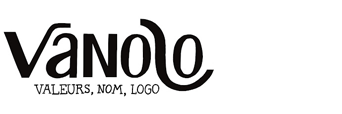
What image do you want to project? What do you want to change in your market? What’s your story? What tone of voice will you tell it in? How close are you to your clients? Who are your competitors, your role models, your counter-models?
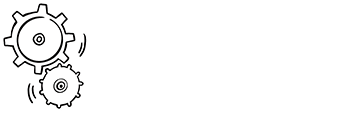
How will your business work? Is its profitability based on product sales or ancillary services? What’s the best way to structure your pricing? What’s the real need you’re meeting? What are your initial and subsequent business costs and revenues?
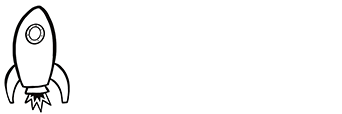
What do Apple, Google, Facebook, Uber, Airbnb and BlaBlaCar have in common? What model are marketplaces, social networks, dating sites, payment systems and app stores converging towards? Which model do new innovative ‘unicorns’ prefer, both at home and abroad?

How much does it cost? How much am I prepared to pay? Can I get a better version for the same price, or free of charge? Am I prepared to relinquish a particular option in order to pay less? Is there a promotional code? Or am I eligible for a referral benefit?

Why buy something second hand online from someone you don’t know? Why get unafraid into a stranger’s car to share their journey? Why rent your flat out to strangers who could steal things?

Select the right financing solutions by considering equity dilution and weighing up your commitments. Financing your project should not slow your mission.

Why work with you? Why create this new position? What skills and values do you need? Wouldn’t this position suit an employee looking to be promoted? What’s the best way to recruit effectively? promouvoir ? Comment être efficace dans vos recrutements ?
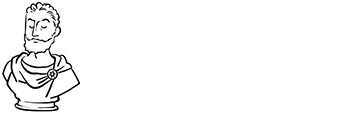
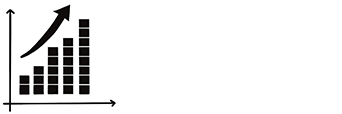
How do you go faster and further? What’s slowing you down? Can your team and product cope with increasing volumes? Do you need to tighten the rules to grow better? Is it time to restructure to improve performance and accelerate?
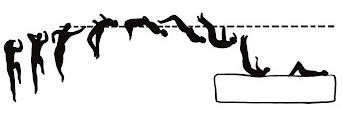
When and why expand overseas? What’s the best way to go about it and which partners should you choose? What do you need to prepare? Are you well-equipped for the journey? How do you finance the operation? What are the pitfalls to avoid along the way? And once you have established an international presence, how do you manage a project at scale?

How are decisions made in your company? Is it easy for staff to give each other feedback? Are they proud of where they work? Does your business have key principles? Is risk-taking encouraged? And what is the point of business culture?

Qu’est-ce qu’un produit qui dure ? Que faire pour offrir toujours le meilleur produit possible ? Quelle différence entre un produit qu’on utilise et un produit qu’on adore ? Que faire des retours d’utilisateurs mécontents ? Comment rendre votre produit culte, iconique ?

Who invented the first digital cameras and one of the very first social networks? To whom do we owe the graphic interfaces on our hardware, and mice for computers? How do you explain some of the majors’ loss of momentum? How do you avoid being overtaken by a road sweeper?

Will artificial intelligence allow machines to overtake humans? Will they develop a conscience? Will we be ‘augmented’ by science, as the transhumanism movement proposes? Will we go beyond the ‘technological singularity’ moment, after which progress will move too fast for us, some time between 2030 and 2050?

How do you stay relevant in a constantly changing world? How do you implement change from a continuity perspective? What do you need to maintain? How do you think big and small at the same time, in order to contribute to the world around us at different levels?